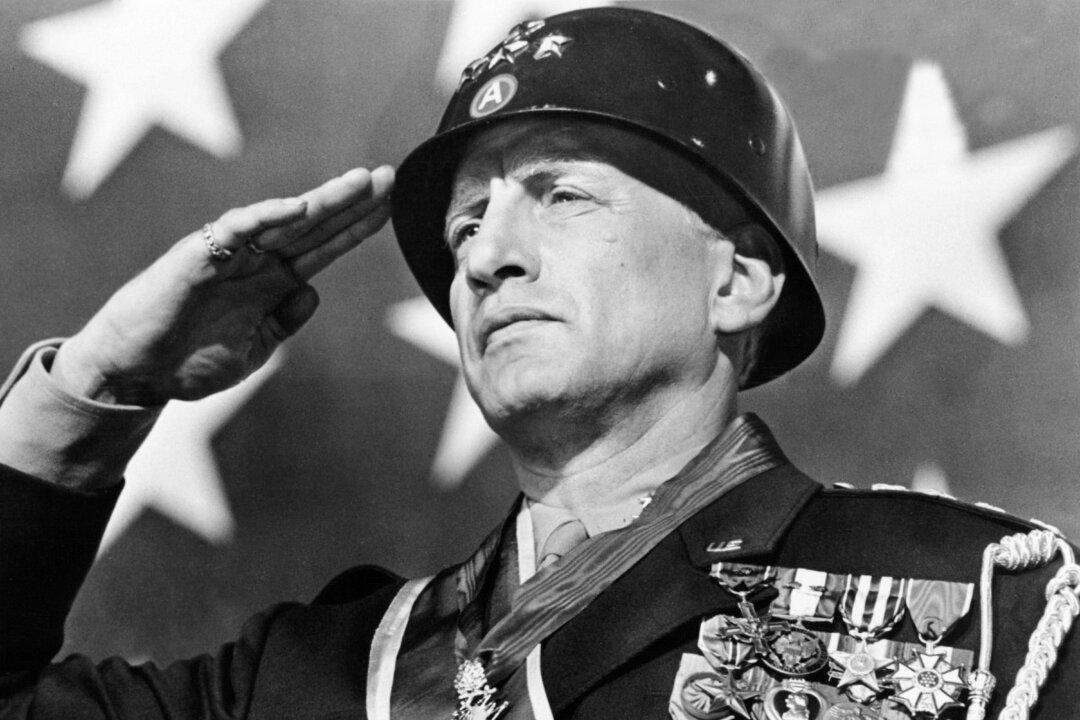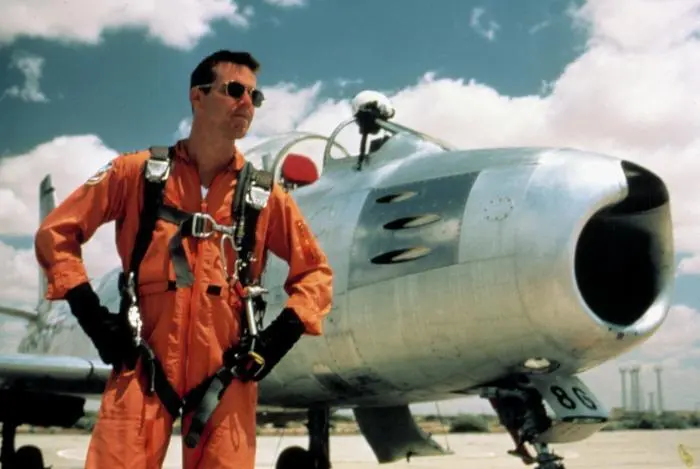PG | 2 h 52 min | Drama | 1970
American Gen. George S. Patton Jr. (George C. Scott) and British Field Marshal Bernard Montgomery (Michael Bates), nicknamed Monty, are at loggerheads over who’ll get the glory in World War II. The Allies respect both officers. But Patton’s habit of shooting his mouth off at Nazi Germans, communist Russians, imperial Japanese, and cowardly Americans, in equal measure, backfires; he’s behind, or on par with, Monty in the glory stakes, and rarely ahead.





